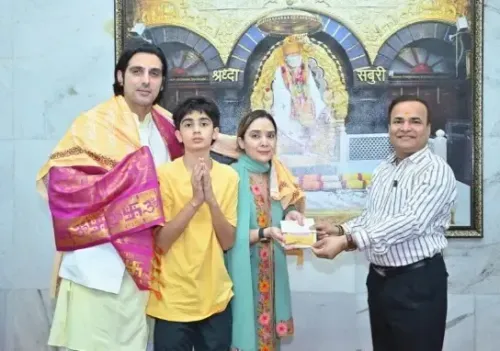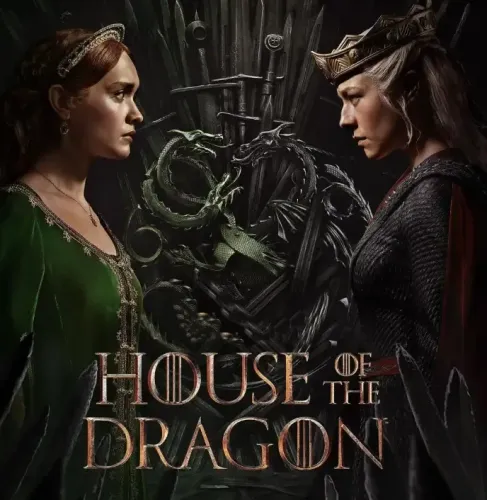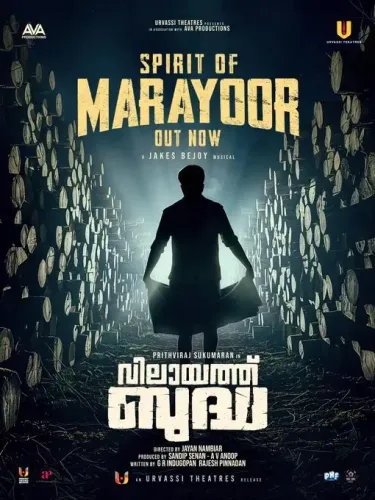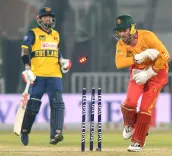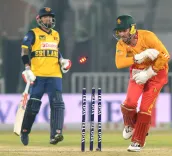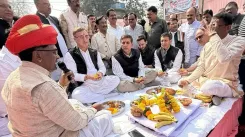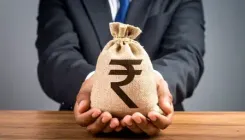What Does Anubhav Sinha Say About the Irreparable Loss of Rishi Kapoor on the 7th Anniversary of ‘Mulk’?
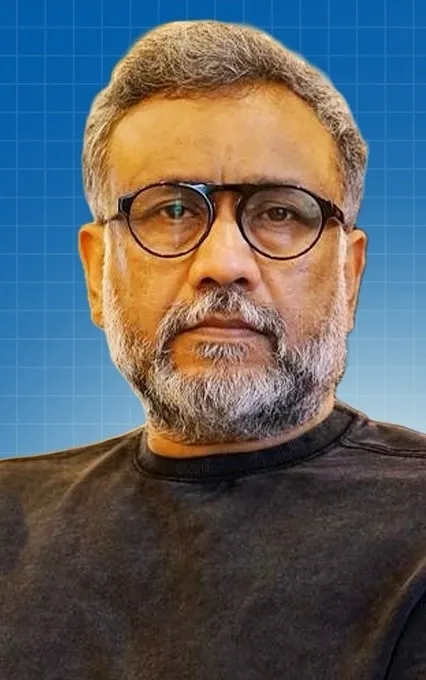
Synopsis
Key Takeaways
- Mulk addresses the critical issue of communal harmony.
- Rishi Kapoor's legacy is deeply felt in the film industry.
- Popcorn has a rich history linked to cinema culture.
- The film's relevance persists, highlighting ongoing societal issues.
- Anubhav Sinha's reflections emphasize personal connections in filmmaking.
Mumbai, Aug 3 (NationPress) Director Anubhav Sinha, who recently directed Bheed, is marking the 7th anniversary of his social drama Mulk. On Sunday, he took to Instagram to share a collection of behind-the-scenes images from the film's production.
In the caption, he expressed his deep sorrow that communal harmony remains elusive even after seven years since the film's release. He wrote, “It's been seven years. This film should have been irrelevant. Didn't happen. This is so sad. I’m happy that we made it. The whole team did. I was just the manager. Last time I met Chintu ji at Amit ji's Diwali party. He returned after getting his treatment done. I was done shooting for Thappad. He asked me, ‘Hey, is your shooting over? Add one more day, you shoot the scene I'll walk from behind’.”
“Then we hugged, and he said, ‘Quickly write something else’. I didn’t know him long enough. I first met him for Mulk. But his passing feels like an irreparable personal loss. Each year, this loss feels more profound,” he added.
Previously, Anubhav shared a thought-provoking note on social media, tracing the history of popcorn. In his Instagram post, he detailed popcorn's journey from ancient South American origins to its status as a must-have cinema snack.
He noted how popcorn, once considered a low-class snack, gained popularity during the Great Depression and became an integral part of the cinema experience. Sharing an image featuring various types of this beloved snack, he wrote, “Big deal on popcorn and cinema these days. Thought I’d share some history on this. It is said that popcorn in South America (then Americas), especially among tribes in Mexico and Peru, has been enjoyed for about three and a half thousand years BC. In the early nineteenth century, a man named Charles Crater discovered a method for making corn popcorn using steam, which started the popcorn tradition. It gained popularity at fairs, circuses, and similar events.”
“During and after World War II, a sugar crisis led to rising costs for cold drinks. Popcorn emerged victorious. While cold drinks returned later, in cinemas today, both popcorn and drinks (in India, samosas have now been rivaled by biryani) generate equal or more revenue than films in cinema halls,” he concluded.

